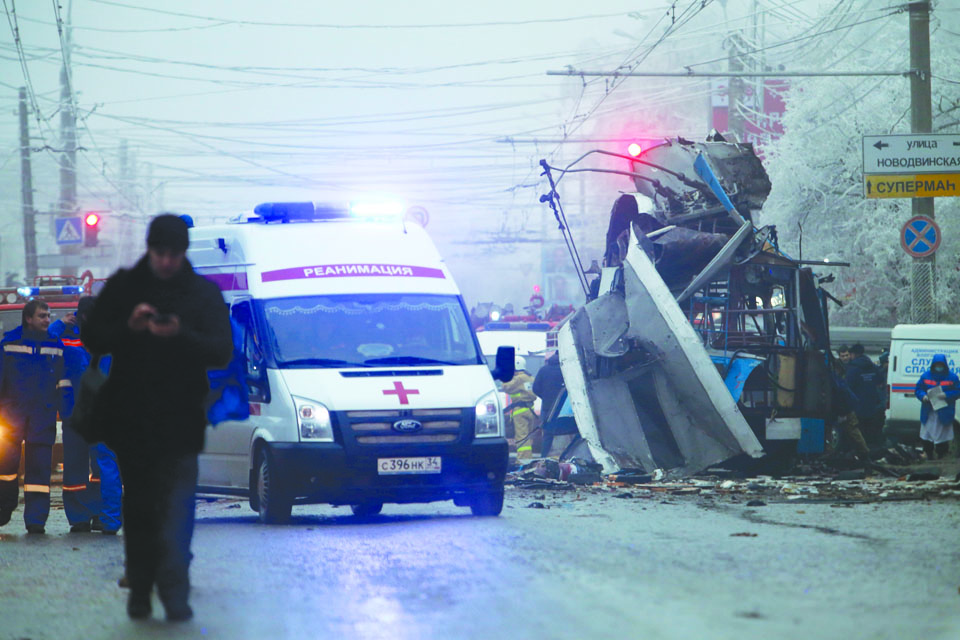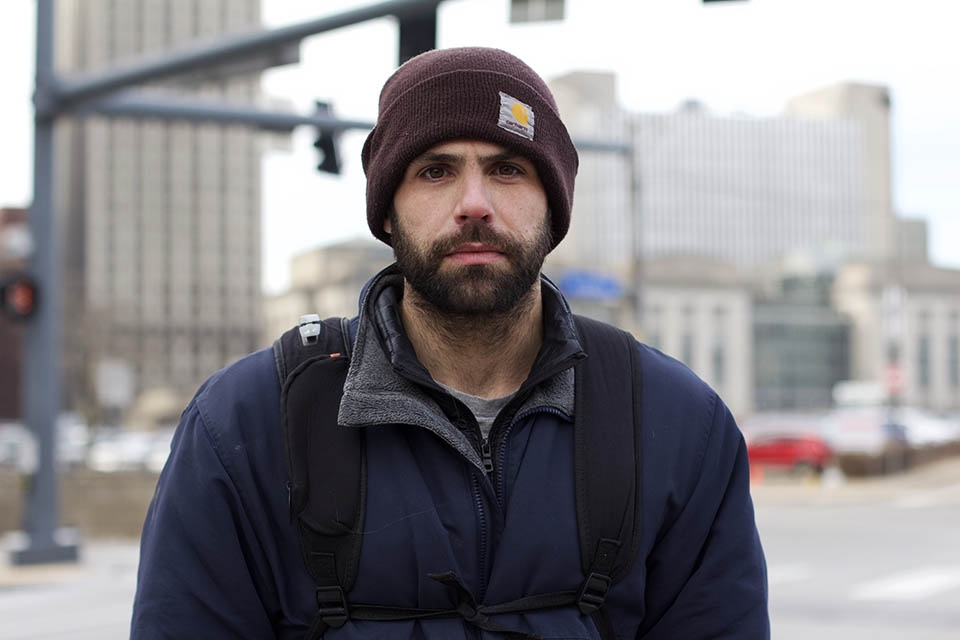
By Shivani Gosai | Opinions Editor
11/09/17
If you’re a millennial, which is loosely described as someone born in the 1980’s to early 2000’s, then chances are you most likely remember the tragedy of 9/11. Some of you may remember feeling scared, confused or even angry. The attack on the World Trade Center was the beginning of all millennials’ experience with domestic and foreign attacks.
We’ve experienced terrorism in recent times, such as the events in Las Vegas, Texas or New York. Whether the attacks are done by a lone shooter, an extremist regime, a white or brown person — the affects are all the same. People are hurt or killed, and the country mourns together. From Sept. 12, 2001, to Dec. 31, 2016, there have been 85 attacks in the country by violent extremists, resulting in 225 deaths, according to the U.S. Extremist Crime Database.
World conflict or domestic terrorism has shaped our generation in more ways than meets the eye. Paul Taylor, the executive vice-president of special projects at the Pew Research Center and author of the book The Next America, said in an interview with Big Think:
“Millennials came of age in the nineties and aughts, an era of global terrorism, of domestic school shootings, Columbine, 9/11, a lot of pretty horrible things that are particularly disturbing to parents. The worry about strangers online, online predators and all the rest… There is kind of an everybody-gets-a-trophy quality to the way millennials have been raised. You’re precious. It’s a mean and difficult world. I need to protect you. Which may then be picked up by the children raised this way as you better be careful, you better be wary.”
As the nation becomes more cautious for future attacks, so do millennials. It makes us increasingly wary of trusting others. Every shooting or bombing that has happened since we were young is becoming an unknown part in our everyday lives. While we are unknowingly becoming desensitized to terrorism, we are also becoming less trusting of others, including our government.
Half of millennials describe themselves as political independents, and nearly 30 percent say they are unattached to organized religion, according to a survey done by Pew Research Center in 2014. Millennials are at the almost highest level of political and religious disaffiliation ever recorded by the Pew Research Center.
To be honest, millennials have it harder than older generations like to claim, and maybe that’s why we’ve become so distrusting as a generation. Divorce rates constantly increase, unending war, economic inequality, student loans and unreachable retirement make success seem like a faraway dream. (Not to mention we are blamed for every failing industry.)
Michael D. Hais, co-author of Taking Control: Politics in the Information Age, believes that 9/11 may have induced emotions that transferred into the political beliefs millennials have grown to adopt today.
“For millennials, 9/11 is their equivalent of Pearl Harbor,” said Hais in an interview with Huffington Post. “Most were in grade school, and for many, the memories of that day deeply affected their perception of the world and their place in it.”
Hais found millennials are far more likely to identify as liberals than older generations are. He also found that the 9/11 attack created an abiding sense of patriotism in most young people.
Millennials may also be increasingly desensitized to the constant attacks because of mass amounts of media coverage. Almost every other day the news is reporting a tragic event, and discussions of gun control or immigration bans carry out for weeks until the next incident occurs.
While the tone of this column is mainly negative, it’s important to note that millennials are still working hard. We are aware that a school shooting or public bombing could happen to anyone at any time, but that doesn’t hold us back from going to classes or traveling abroad.
With the bad comes the good, and after every attack, there are people fighting to prevent the next tragedy. We are working toward a better future for the next generation, a future with little to no domestic or foreign attacks.
Maybe that is why millennials have become so desensitized to terrorism, because we are working (and hoping) for a peaceful future.
While terrorism has become an integral part of our everyday lives, it does not make us live in a state of fear.




